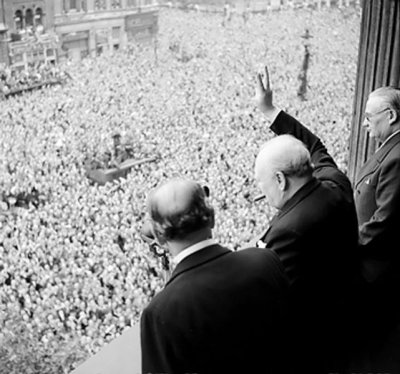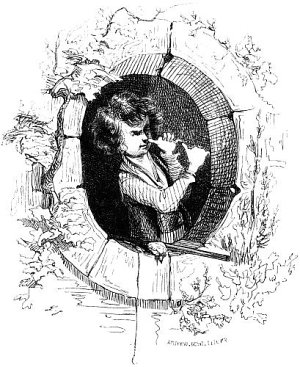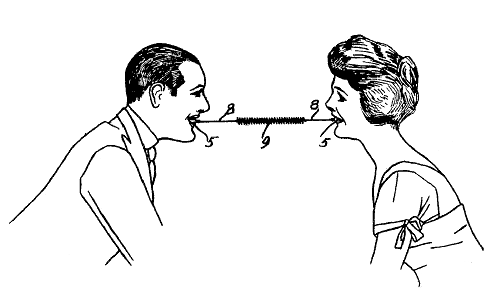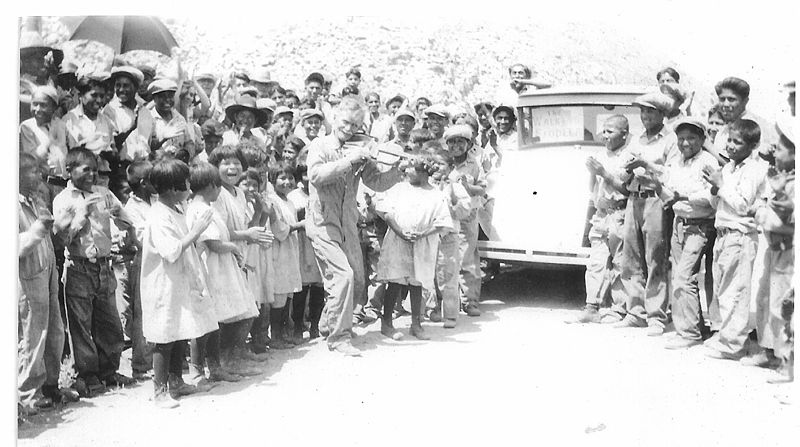In October 1864, Indiana farmer John VanNuys received a letter informing him that his son had been killed in the Battle of Chaffin’s Farm in Virginia. He had been shot in the throat while retreating from a line of Confederate rifle pits. “Within twenty minutes our forces rallied and took the ground,” wrote the quartermaster, “but while the rebels held the ground, they had stripped your son of everything except shirt and drawers.”
A few days later VanNuys received an envelope postmarked “Old Point Comfort, Oct. 10.” Inside was a note in his son’s handwriting:
This testament belongs to Captain S.W. VanNuys, Acting Ass’t. Adj’t. General 3d Brigade, 3d Div., 18th Army Corps. Should I die upon the field of battle, for the sake of a loving mother and sister, inform my father, John H. VanNuys, Franklin, Indiana, of the fact.
Below this someone had written:
Mr. John H. Vanings: It is my faithful duty to inform you that your son was killed on the 29th of the last month near Chaffins farm, Va. I have his testament. I will send it if you wish it. From your enemy, one of the worst rebels you ever seen.
The sender had signed it only “L.B.F.” His identity is unknown.





